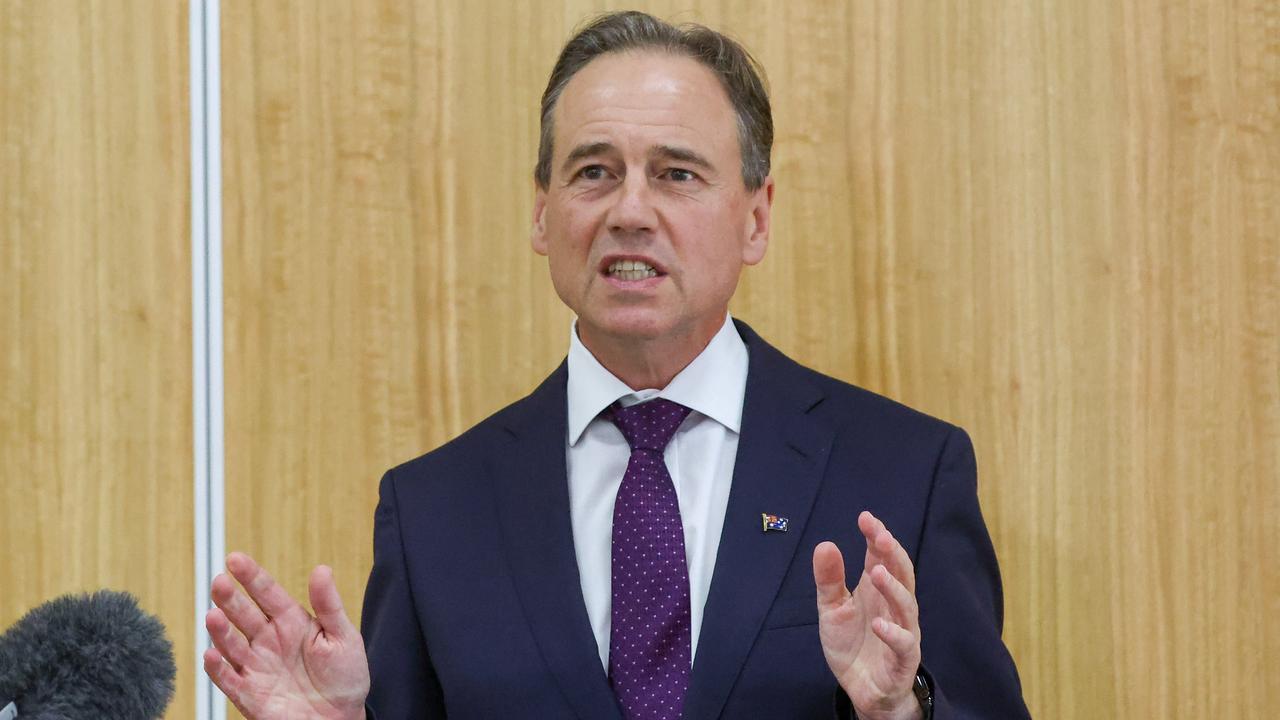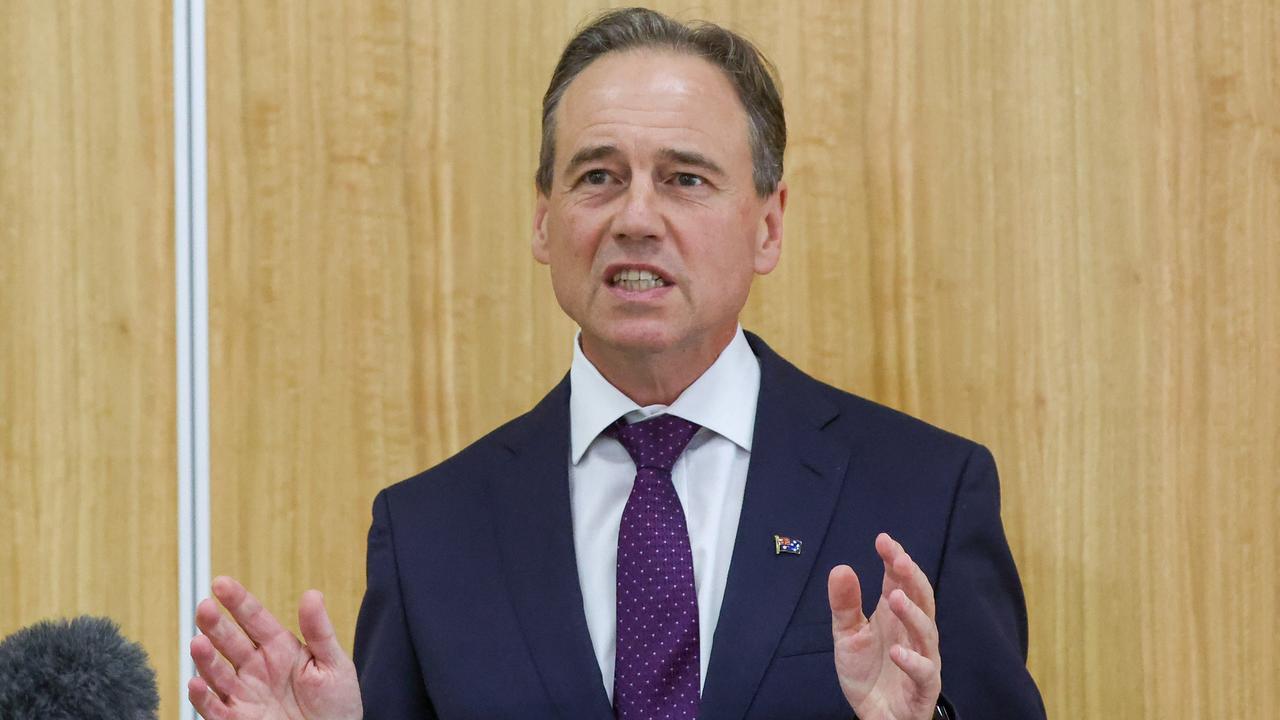Budget 2021: Changes give aged pensioners options
Aged pensioners will be able to receive up to $12,385 in two lump sum payments within a year, with more flexibility when paying for bigger expenses.

AGED pensioners will be able to receive up to $12,385 in two lump sum payments within a year, offering older Australians more flexibility when paying for bigger expenses.
The changes to the pension loans scheme comes as the Morrison government banks $4.9bn in 2020-21, and $5.4bn over the four years to 2023-24, due to a lower than expected take-up of JobSeeker.
Over the four weeks to April 30, immediately following the end of the JobKeeper wage subsidy program, the number of people on JobSeeker and Youth Allowance fell by about 105,000 despite some predictions more would be driven to welfare.
While the government again avoided sweeping structural reform of the welfare system, the budget papers show the $50 permanent fortnightly increase to JobSeeker and tougher mutual obligation requirements that began on April 1 will cost taxpayers $9.5bn over five years from 2020-21.
Welfare groups had demanded a much larger increase but Labor, which has not yet nominated the rate it would set for JobSeeker, waved the government’s overhaul through the Senate.
After pensioners received stimulus cash payments from last year’s COVID-19 budget, the government has tweaked the loans program to “make it more attractive to senior Australians” so they no longer have to receive the money on a fortnightly basis.
From July 2022, retirees will be given the option of accessing advance payments of up to 50 per cent of the maximum annual pension rate, or $12,385 per recipient.
In another improvement to the scheme, the government has introduced a “no negative equity guarantee” so that a pensioner who accesses a loan will not have to repay more than the market value of their property.
The changes to the PLS, which is also available to self-funded retirees, will cost taxpayers $21.2m over four years from 2021-22.
Cashless debit card participants in four trial sites across Australia – Ceduna in South Australia, East Kimberley and the Goldfields in Western Australia and Bundaberg and Hervey Bay in Queensland – will also be offered support to “uplift and upskill” through a $30m job ready package designed to help them secure long-term employment.
The government was unsuccessful in making the controversial cashless debit card scheme permanent late last year but has vowed to provide long-term data and evaluate the impact of the program in a bid to gain crossbench support.
A measure allowing workers to access emergency payments if they are unable to work because of the coronavirus and don’t have leave will come to an end after the government received advice the sickness allowance was already covered by existing legislation.
A fund that helps vulnerable Australians into employment through a “try, test and learn” project will be expanded with $12.6m over two years.
In a new social security agreement with Serbia and Bosnia, the government will offer $18.8m and share the costs to help fund income support for retirees who have split their working lives between the countries.
While the budget papers said the government would provide funding to continue delivering the national redress scheme, no amount was disclosed due to ongoing negotiations with the states.



